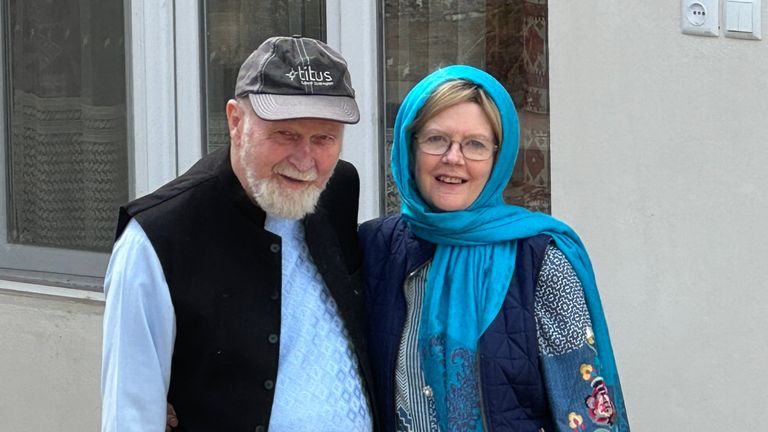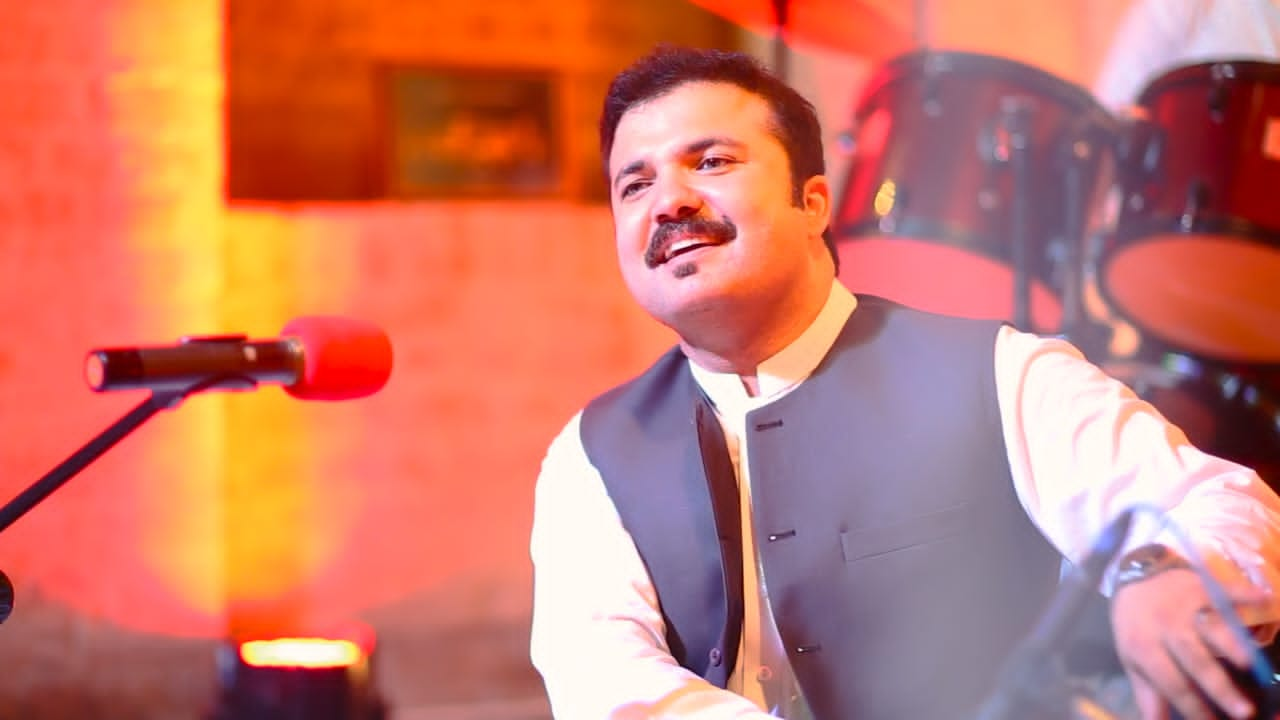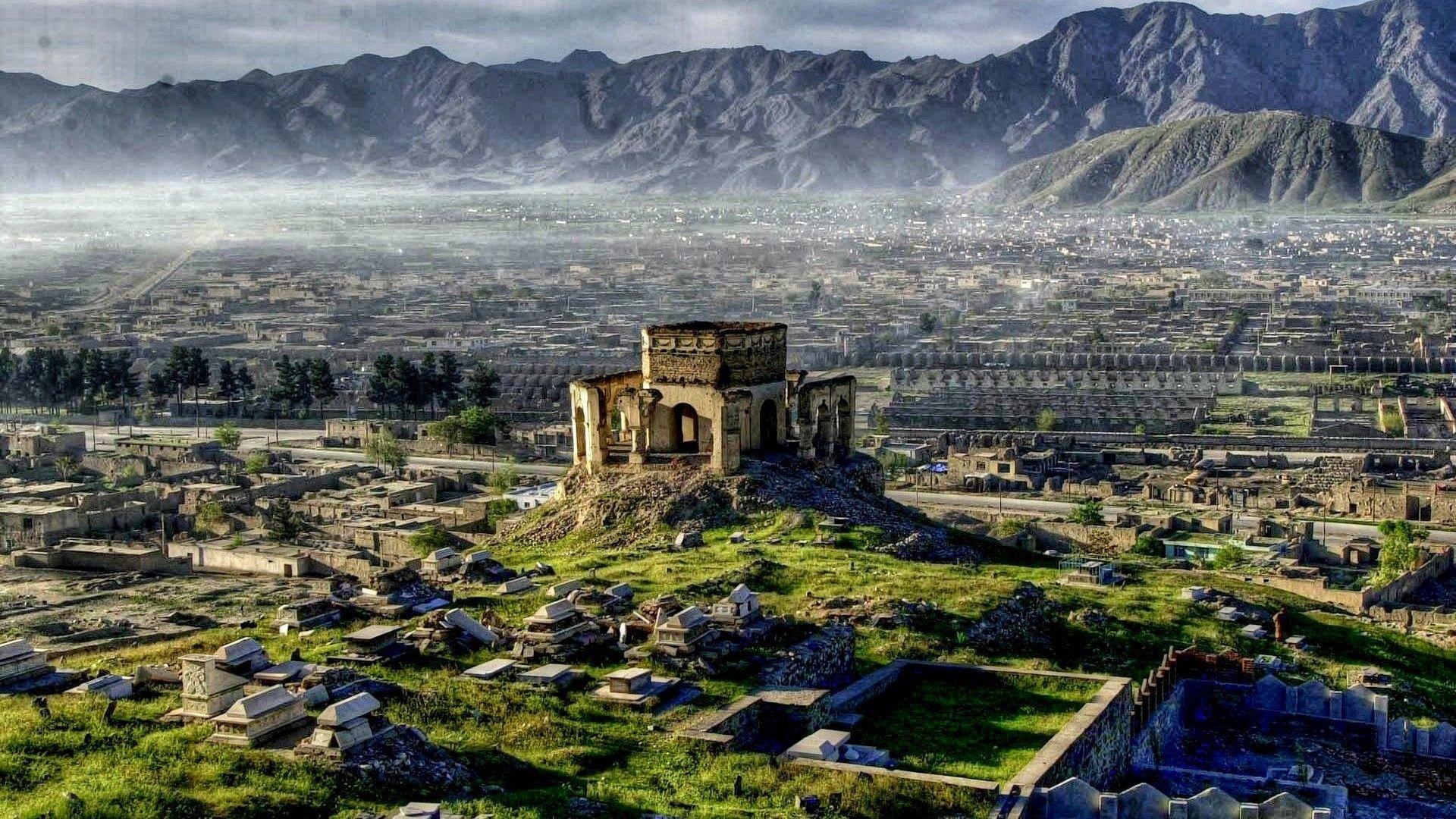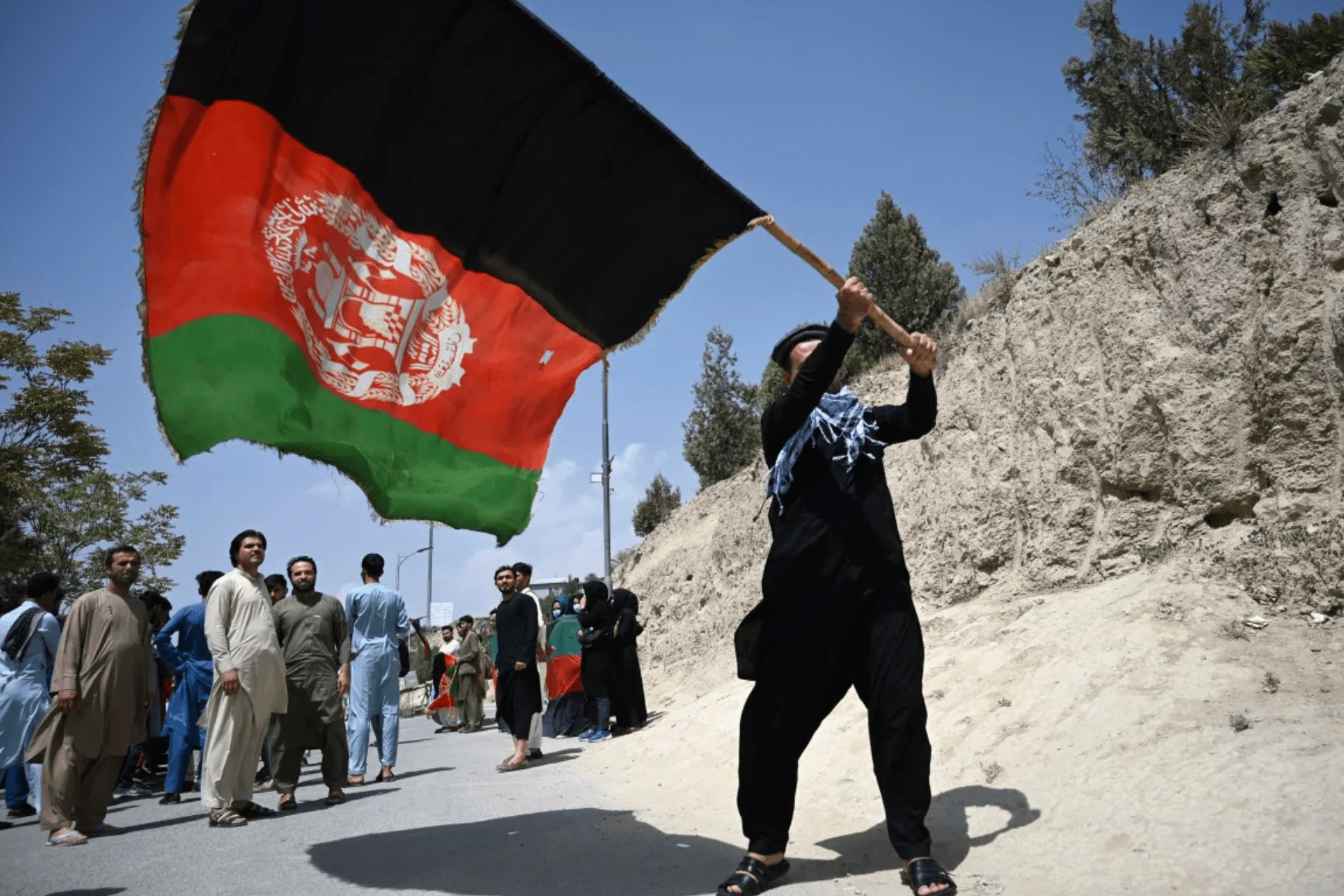PTM & The Oppression of Pashtuns in Pakistan
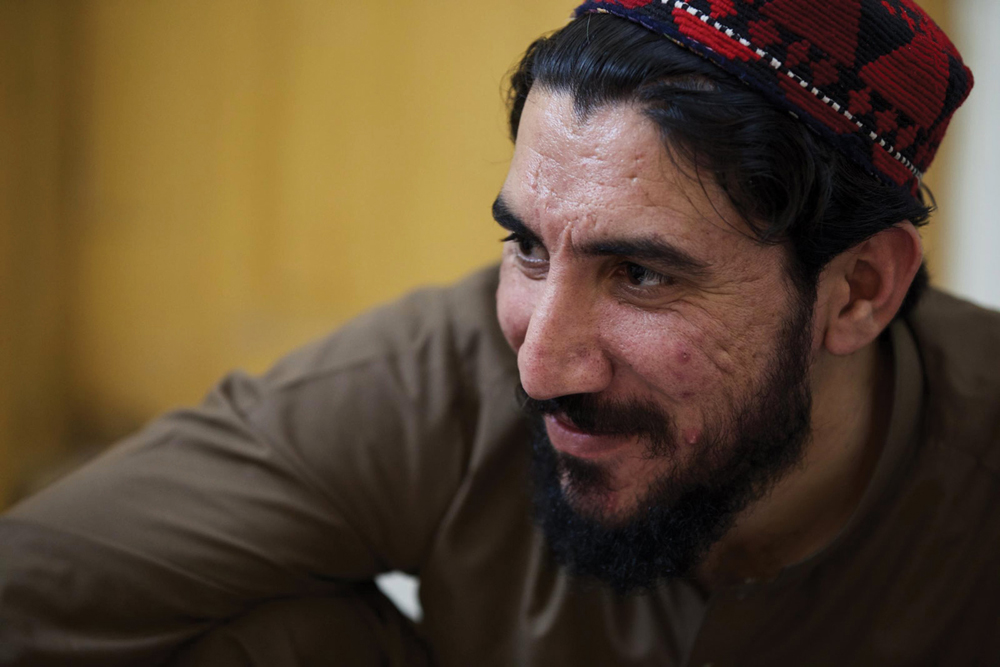
By: Abdullah Watanpal
The Pashtun Tahafuz Movement or popularly known as “PTM” came to the limelight after the extrajudicial murder of an emerging Pashtun model Naqeebullah Meshud. Its founder, Manzoor Ahmad Pashteen, while rallying protests across the country, strongly condemned the brutal murder of young Naqeeb and demanded an enquiry commission. This, however, ignited the flames of years of marginalization of the Pashtun ethnic group which lead to nation wide protests and mobilization of Pashtun nationalist figures worldwide.
The movement created a sense of awareness among Pashtun youth of the different types of humiliation they face at the hands of the Punjabi-dominated Pakistan’s establishment, from enforced disappearances to extrajudicial killings, a wave of allegations was put against the establishment. The young PTM leader Manzoor Pashteen along with many of his companions were put behind bars for openly advocating the cause of Pashtun miseries. Pashteen was arrested in Pakistan’s northwestern city of Peshawar on January 27 under five different charges, including conspiracy and sedition.
The colonial-era relic of “sedition” is being used in present-day Pakistan to whip dissenting politicians, outspoken journalists, writers, poets, artists, lawyers and rights activists. PTM stood firm against the injustices that have been carried out in Pashtun lands mostly after 9/11 and America’s ‘War on Terror’. Waziristan was hit hard during the 9/11 insurgency, as various alleged Taliban fighters crossed the border from Afghanistan into Pakistan and settled in Waziristan in adjacent tribal areas. Following their centuries old tribal customs, the people of Waziristan cordially welcomed the Taliban fighters and provided them Panah (Shelter) in their native land, unaware of the consequences. Soon after, the Pakistan military sent its troops into the tribal districts and instigated a bloody operation to wipe out Taliban militants. This operation led the tribal elders to take up arms against the country’s armed forces in order to defend their guests to whom they had given shelter, thus ensuing a conflict that ravaged the entire tribal districts, destroying agriculture, buildings, and causing severe human casualties.
These events led to the notion of viewing Pashtuns as terrorists and war mongers. A general sense of alienation was festered in Pashtuns. Meanwhile, a charismatic personality, Pashteen, was preparing to emerge and give Pashtuns new hopes and reasons of resistance. PTM, under the patronage of Pashteen, put forth a list of demands in its initial years as a social rights movement, chief among them was the question of the creation of a truth and reconciliation commission. This commission stated that Pashteen will look into the human rights violations, forceful abductions and killings of Pashtun nationalist figures, and bring the perpetrators to the court. However, the military establishment was unwilling to accede to this demand. Even to this day, the issue of unlawful killing remains unheard and unheeded as PTM’s bold stand prompted various civil rights activists, and lawyers, journalists, writers and even politicians to support its cause and stand shoulder to shoulder with Pashteen; several were killed and tortured by the intelligence agencies while some fled the country to seek asylum abroad. Manzoor Ahmad Pashteen’s concerns were labeled legitimate by Pakistan’s ruling government, particularly, the now defunct government of cricketer turned politician Imran khan, who himself before coming to power was a vocal critic of Pakistan’s involvement in the ‘War on Terror’. However, sadly, big questions of the day in Pakistan are decided by the military and not by elected politicians and the parliament. Thus, PTM still resonates its demands at every national or international forum in the hopes of giving justice to the thousands of Pashtuns killed extrajudicially and those missing.
- 2022 Jun - 13



